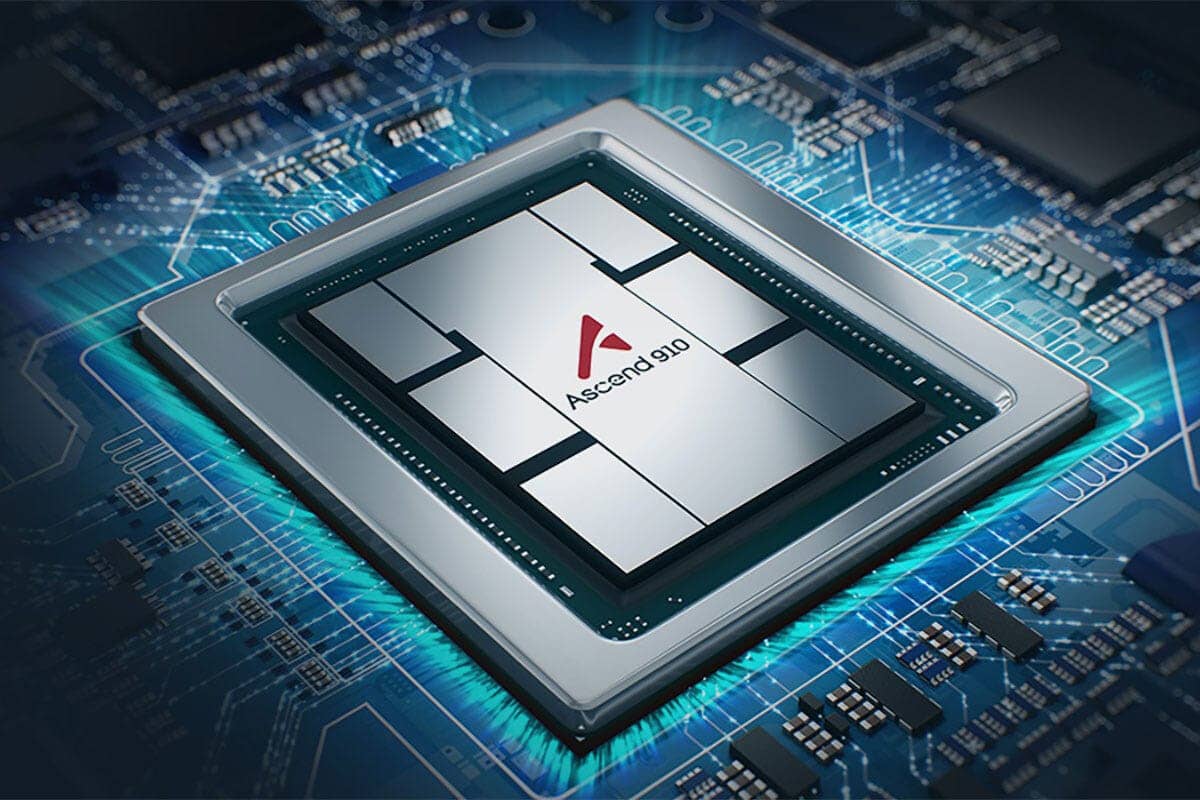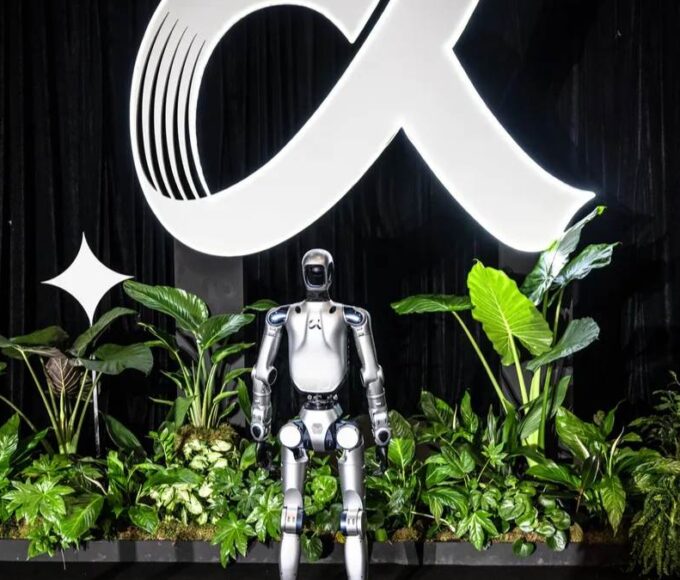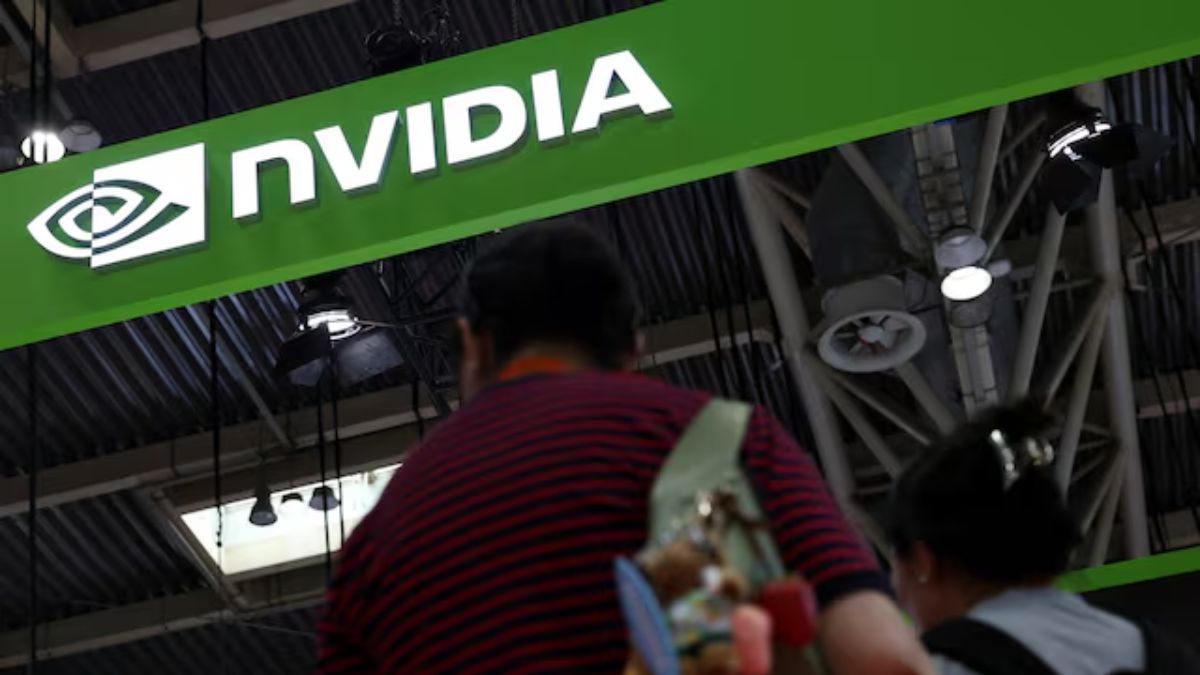Huawei’s AI chips are playing a pivotal role in China’s next-gen surgery technology. The Centre for Artificial Intelligence and Robotics (CAIR), part of the Chinese Academy of Sciences, introduced its latest AI model, Cares Copilot 2.0, designed to assist surgeons with tasks like surgical planning, diagnostic report generation, and case retrieval.
The model is powered by Huawei’s Ascend 910B AI chip, which offers performance on par with Nvidia’s A100, according to CAIR’s leadership.
This collaboration between Huawei and CAIR, formalized in August 2023, came as the research center sought alternatives to US-made chips due to ongoing export restrictions. Huawei’s AI technology has rapidly progressed, enabling tasks that once took months to complete now to be finished in just a week.
The Cares Copilot 2.0, built using Meta’s Llama 2 open-source model and trained on Huawei’s Atlas 800T A2 server, is already being used in hospitals in Guangzhou and Hong Kong.
This marks a significant leap for Huawei, which has filled the gap left by Nvidia’s restricted access in China. With the upcoming release of the Ascend 910C chip in 2025, Huawei is advancing its AI chip capabilities, despite challenges in production yields due to US restrictions.
These developments reflect Huawei’s central role in China’s effort to achieve semiconductor self-reliance amidst ongoing US-China tensions over technology and security concerns.











